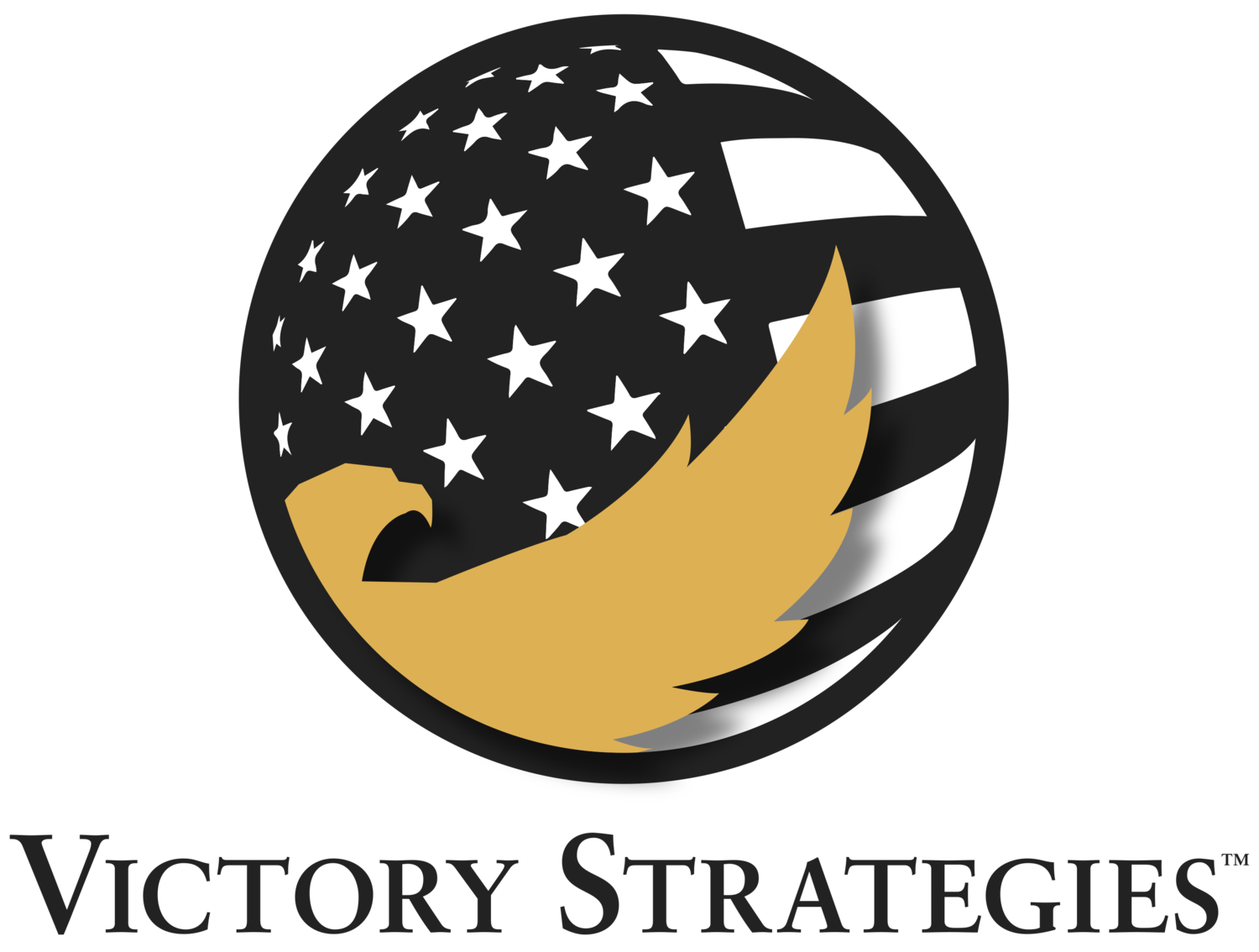It fascinates me that as I continue to pursue my current academic degree, no matter what topic I research under the “business umbrella,” there is almost no business-driven empirical research that does not cite or involve psychology.
Of course, psychology helps business leaders understand; consumer behavior, market differentiators, and trends but what about understanding the psychology and dynamics of your organization’s culture?
Over 90% of business leaders today do not invest in better understanding their team’s psychology or organization’s culture.
What are they doing!?
Do you fall in this category?
Your human capital is your most precious resource.
I understand there is software, machinery, materials, and operational efficiencies that can improve your bottom line BUT none are relevant without your people behind them.
It is an interesting concept to be in the business of assisting teams and individuals in accelerating their leadership capabilities or as some might classify them, their “soft skills.”
Here’s why it matters;
Retention- breeding a team relationship where mutual respect, a positive environment, regular touch-points, communication and meaningful incentives are regularly discussed creates an environment where an extra couple thousand dollars isn’t going to make one of your team members leave you to go to a competitor.
Culture- waking up and not minding whether it is Friday or Monday isn’t something unattainable. When it is clear for a team member that their “individual why” is aligned with the “organization’s why,” they will love what they are doing. A culture centered around the growth and development of its people influences performance. Customers notice, teammates notice, family’s notice, and future team members notice.
Growth- In a survey conducted by Harvard Business Review, 80% of employees in America valued personal growth through leadership development programs, coaching, or educational opportunities more than they valued increased monetary compensation. People want to grow (and if they don’t…do you really want them on your team)?
Mindset- the media, negative attitudes, and negative team members can really affect a work environment or someone’s mindset (think of a pebble dropping into a still pond- that eventually creates a massive ripple).
Performance- Tom Brady was one of the first quarterbacks nearly two decades ago to hire multiple different coaches to help him with his injury prevention, pocket tactics, nutrition, etc. He did this because he knew in order to perform better, he needed the best talent around him to assist in his goals and ambitions. 7 Super bowl rings later…
Communication- arguably one of the most important items when it comes to effective teams. The communication umbrella encompasses everything from expectations to goals to working well together, to identifying when a team member isn’t a good fit. Consistently practicing communication hypotheticals and dynamics with a trusted advisor or coach could assist you in maintaining talent, increasing a positive work environment, and not being disappointed with team members misinterpreting expectations.
Conflict- we have all dealt with it. It never gets any easier but as we say in the SEAL Teams, “repetition and practice mitigate error margin.” You need to be at your optimal levels going into a conflict-based discussion so you can leave it with mutual respect, a solution, and motivation of both parties moving forward. Unfortunately, this doesn’t always happen but it does with people who mindfully care.
Value- it is human nature for us all wanting to feel valued. What measures are you including in your regular touchpoints to ensure team members that their contributions to the effort are valued by their teammates and the company? My teammate, Jeff Boyer often says, “coach in private and praise in public.”
Team Dynamics- just like a car, if one part is malfunctioning, the whole vehicle will be put out of function over time. Are you doing what is necessary to ensure your team is fully aligned?
and the list goes on…
My point in highlighting some of these components necessary to effective leadership and high-performance teams is to show you a snapshot of the value provided by investing in the intangibles.
Here is the knowledge, do with it as you wish!
Authored By: Jacob Werksman, Founder

